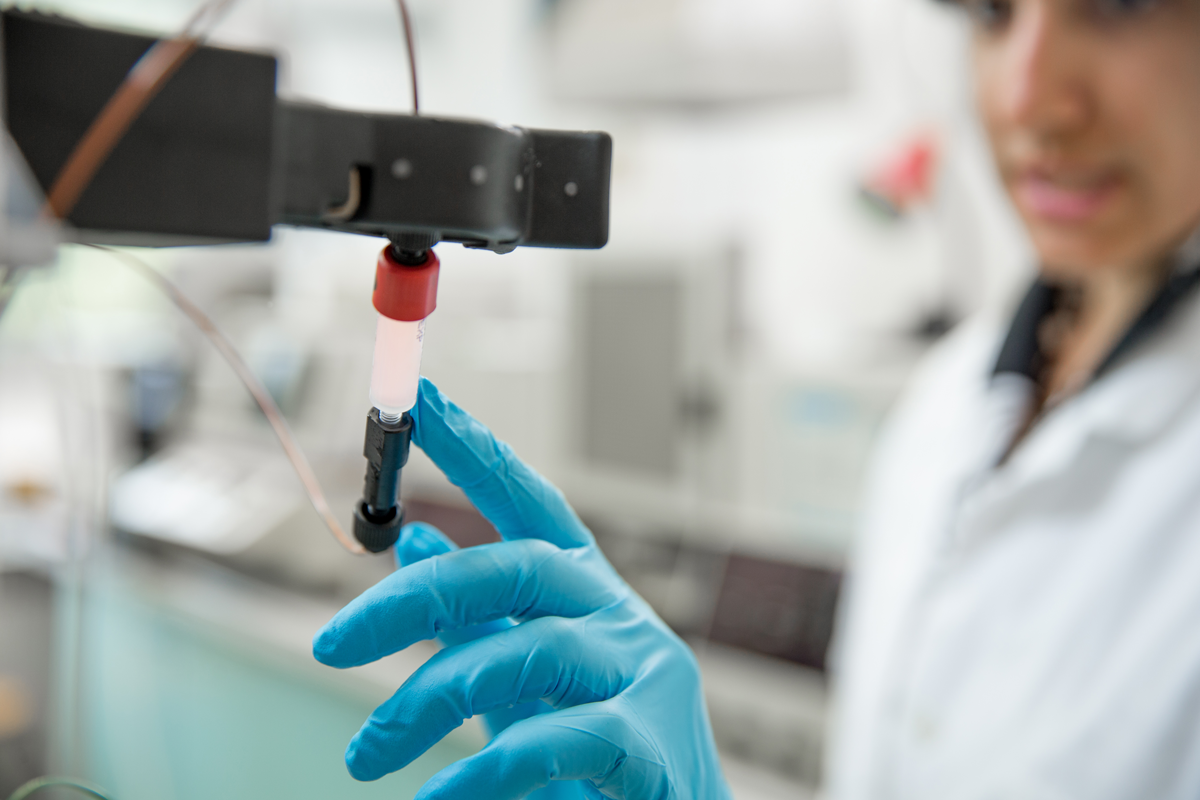ARVYS Proteins Inc. provides a full spectrum of protein biochemistry services – recombinant protein expression in bacterial, insect and mammalian cells, protein purification, refolding, assays and assay development, protein characterization, fermentation and endotoxin removal.
Outsource your protein biochemistry projects to ARVYS and enjoy superior results, team expertise and customer support after project completion.
Affiliations
- Oxford Expression Technologies Ltd, Bioinnovation Hub, Oxford, UK.
- Department of Biological Medical Sciences, Oxford Brookes University, Oxford, UK.
Abstract
Over 35 years since it was established to make recombinant proteins, the baculovirus expression vector system continues to develop and improve. Early systems for recombinant virus selection were laborious, but better methods were rapidly devised that enabled non-virologists to use baculovirus vectors successfully in a wide range of applications. These applications include multiple gene expression for complex molecules, production of adeno-associated virus-like particles for gene therapy, the use of baculovirus budded virus for the same purpose, numerous potential human and animal vaccines, and for other therapeutic proteins. A number of products for human and veterinary use are now on the market, which attests to the utility of the systems. Despite these successes, baculovirus vectors essentially remain in a relatively primitive state of development. Many proteins, particularly membrane-bound or secreted products, continue to be difficult to produce. Various research groups are working to identify potential areas of improvement, which if combined into an ideal vector might offer considerable advances to the system. This chapter will review some of the most recent reports and highlight those that might have generic application for recombinant protein synthesis in insect cells. We also summarize parallel developments in host cells used for baculovirus expression and how culture conditions can influence protein production.
Future Developments
3.0 Future developments
The two original publications on the use of baculoviruses as expression vectors were significant milestones in demonstrating that both secreted eukaryotic proteins as well as bacterial products could be synthesised in insect cells (Smith et al., 1983; Pennock et al., 1984). These were later followed by the use of the silkworm baculovirus (BmNPV) as a convenient vehicle for protein expression in whole insect larvae (Maeda et al., 1985). The complete genome sequences of both AcMNPV and BmNPV were published subsequently and have furnished valuable information on virus gene function that has aided the further development of baculovirus expression vectors (Ayres et al., 1994; Gomi et al., 1999, respectively). However, to date such modifications made to baculovirus expression have been relatively minor in their scope. The deletion or silencing (2.5) of a few virus genes have helped improve protein expression is some cases. Conversely, the addition of various genes that encode “helper” functions such as chaperones (2.4) have also been beneficial. Another very significant recent milestone was the production of a synthetic baculovirus genome based on AcMNPV (Shang et al., 2017). This virus (AcMNPV-WIV-Syn1) was assembled using a combination of PCR and transformation-associated recombination in yeast. It was fully infectious for both cell cultures and insect larvae. This technically very difficult feat opens the way to the design of minimal baculovirus replicons that might offer improved features as expression vectors. Baculovirus genes could be omitted or other genes added to optimize the synthesis of different recombinant proteins. We have shown in this brief review, how many groups have shown advantages to various strategies for improving baculovirus expression vectors. What is apparent is how difficult it is to extrapolate results from one system to another. The challenge now is to draw these modifications together in a rational way as well as paying attention to how these might be integrated with improvements in the host cells currently used for protein expression.
Read more, click here.
ARVYS Proteins Inc. provides a full spectrum of protein services to the life science, pharmaceutical and biotechnology communities. Our work experience encompasses almost every aspect of protein biochemistry allowing us to contribute to projects regardless of whether they are at early research or late development stages.




